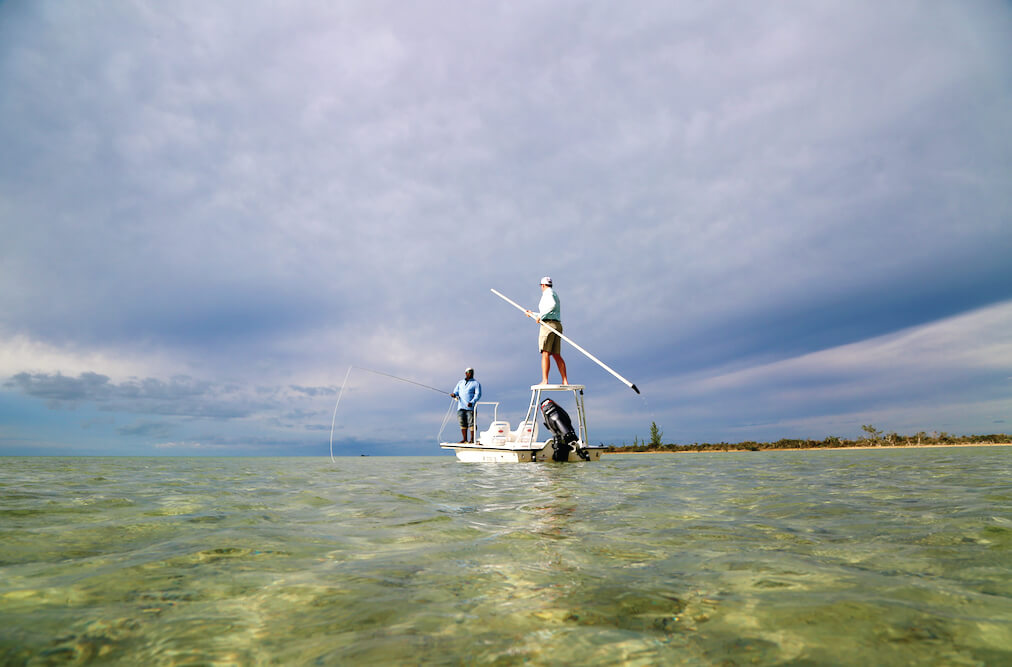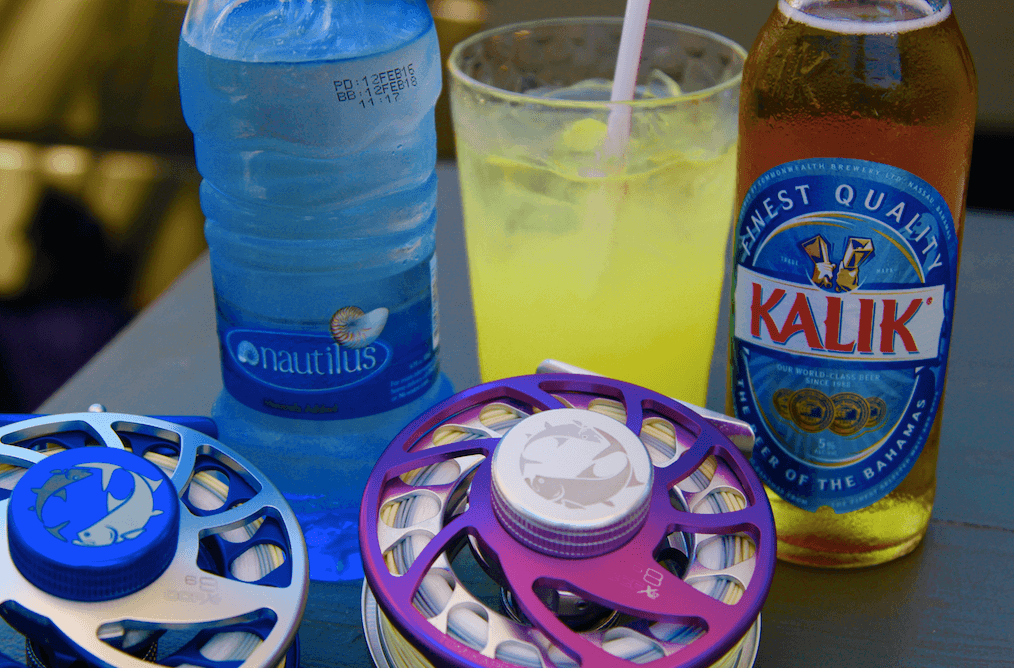When I first started fly fishing in the 80s, the sport was not nearly as popular as it is today. Shops carrying fly tackle were sparse, people with knowledge of the sport were few and far between and getting lessons was nearly impossible. When I think back to those days, recalling the number of flies I lost in trees, the frequent tangles I developed and the shear lack of fish I caught, it is a wonder that I kept with it. Indeed, if it were not for the fly tying component of the sport, I might well have thrown in the towel. I love fly tying; being able to create something to fool fish with is a marvelous achievement.
In contrast to my early fly fishing days, today there is a seeming abundance of information on the sport, from equipment to angling destinations; everyone seems to have some insights. On top of this has been the advent of the Internet, a treasure trove of information and misinformation. The fact of the matter is, fly fishing is not nearly as complicated as it may seem. It is simply a form of fishing that allows for lightweight or nearly weightless “lures” to be used, which without the added weight in the line could not be presented to a fish. In some cases, fly fishing is a far superior method for fooling fish and in others, deep waters for example, far more challenging.
When it comes to heavily pressured or sensitive fish, especially those inhabiting shallow inshore waters, I would argue fly fishing can often out-produce other techniques. Being able to imperceptibly drop a fly in front of fish when they are used to loud splashes from heavy lures or live baits can often result in fooled fish.
Fly fishing is sometimes called an art, perhaps because of the apparent delicateness of the cast, the manner in which the line travels out over the water, or because many incorrectly consider it hard. So let me correct this fallacy. Fly fishing is not hard, it does not need to be complicated and it can be very easily learned.
If you really want to learn to fly fish, I would suggest a trip to the Bahamas. The weather is beautiful, the waters are stunning, and the people, culture, and food are marvelous. The chance of catching fish is very high, as the guides are great instructors and a week’s worth of fly fishing immersion would provide incredible advancement understanding and skill level.
Throughout my travels in the Bahamas, I have met many wonderful guides and visited many top-notch facilities. To highlight one Bahamian guide or lodge is simply impossible. However, when it comes to learning the sport, be honest. When booking a trip to a lodge, perhaps directly or through a travel company like Yellow Dog Fly Fishing or Frontiers International, tell them what you want. Tell them you are a beginner. Tell them you want to learn. Through this strategy, those in the know will put you with facilities and personnel best suited to an instructional environment. You want a location that offers everything, lodging and food of course but also equipment, casting lessons, fly tying lessons, safety instruction along with patient and professional guides.
One common thread that has become apparent through my research in the Bahamas is the respect that Bahamians have for travelers, specifically bonefish anglers. Bahamians openly welcome tourists, recognizing the importance that bonefishing has on local Family Island communities. Bonefishing on some Bahamian islands provides employment for up to 80 percent of the local population. With that level of economic importance, industry professionalism is critical along with healthy fisheries. In the Bahamas, you will find both a high degree of angling knowledge and amazing fisheries. The Bahamas are certainly an excellent place to consider taking a trip and a phenomenal place to learn to fly fish. What I find most attractive about the Bahamas is the sheer diversity available. With more than 700 islands, there is something for everyone. And for anglers, old and new, there are always new opportunities to learn from.
Tom Karrow is a sustainable tourism scholar from the University of Waterloo. His research focuses on the Bahamian bonefishing industry, centered on the guides and their knowledge, stories, and experiences. For more on his research see: http://tomkarrow.wixsite.com/bahamas-guide-tek, and follow Coastal Angler magazine for updates and more. Tom Karrow can be reached at tkarrow@uwaterloo.ca or tomkarrow@gmail.com.

